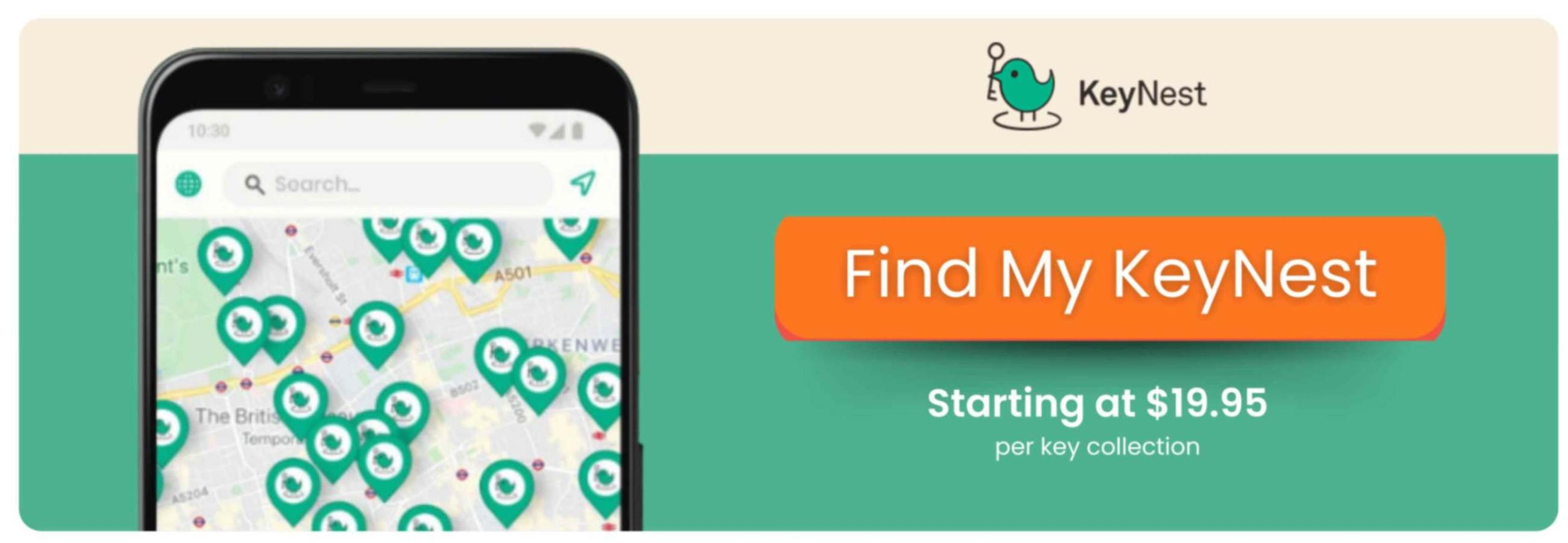Short-term rentals regulations in Byron Shire (Byron Bay): a 2023 recap
Byron Bay is a small coastal town located in New South Wales. It is known for its pristine beaches, stunning scenery, and laid-back lifestyle. Over the past decade, however, Byron Bay has become a popular tourist destination, attracting visitors from all over the world. This has led to an increase in short-term rentals, which has caused concern among local residents. In this blog post, we will provide a recap of the short-term rental regulations in Byron Bay in 2023.
Short-term rental regulations in Byron Bay - background:
Short-term rental accommodation, also known as STRA or holiday letting, is when a house or unit is used to provide residential accommodation on a commercial basis for a temporary or short-term period. This type of accommodation is often provided by hosts who live on the premises, but it can also be non-hosted.
In November 2021, the New South Wales Government introduced regulations for short-term rental accommodation. The regulations came into effect for Byron Shire on 31 January 2022. The regulations were aimed at addressing the concerns raised by local residents regarding the impact of short-term rentals on the local housing market.
The regulations stipulate that a house or unit cannot be used for non-hosted STRA for more than 180 days in a 365-day period. There is no limit for hosted STRA. All hosts must register their STRA property on the State Government-run Short-term Rental Accommodation Register. All hosts must comply with the fire and safety requirements and agree to follow the NSW Fair Trading Code of Conduct for the STRA Industry.
Local residents have been pushing for stricter regulations on short-term rentals in the area, as they believe that it is causing a housing crisis, with many long-term residents being forced out due to over-inflated rents and a lack of permanent rentals.
The proposed changes in Byron Shire regulations
In December 2022, the Byron Shire Council voted unanimously to lower the rental cap for non-hosted STRA from 180 to 90 days in some parts of the shire. The council had been working on the proposal and consultation for three years, and they hoped that a 90-day cap would alleviate the area's housing crisis by encouraging property investors to place their vacant properties back in the long-term rental market.
However, the New South Wales Government broke their election commitment to Byron Shire on controlling short-term rental accommodation, the day before councillors voted on the proposal.
The state government announced that it would seek advice about allowing the proposed changes to occur, and it instructed the NSW Independent Planning Commission (IPC) to hold a public hearing on the issue.
Byron Shire Council was blindsided by the decision and expressed disappointment at the change of direction. Local MP, Tamara Smith, called the decision an "absolute disrespect" to the community.
The council still hopes that the 90-day cap will be approved by the state government once it receives advice from the IPC. Mayor Michael Lyon said that this is a desperately needed reform for the community, and they have put their best step forward. They just have to trust that the right decision will be made by the IPC.
Impact on the community
The debate on short-term rental regulations in Byron Bay has been ongoing for several years, with both proponents and opponents of short-term rentals making their voices heard.
Proponents argue that short-term rentals are an important source of income for property owners and provide an affordable accommodation option for tourists. They also argue that the regulations put in place by the New South Wales Government provide adequate protection for both hosts and guests.
Opponents, on the other hand, argue that short-term rentals are causing a housing crisis in the area, with long-term residents being forced out due to over-inflated rents and a lack of permanent rentals. They also argue that short-term rentals are leading to an increase in noise,
The decision on the upcoming change in regulations was still in progress as we write this article in May 2023. We will keep this article up to date with any updates as they come.
About Us
KeyNest offers you a convenient service for storing and exchanging your property keys. You can drop off a key at any of the 7,000+ locations in our network, so there’s one such Point located next to your property.
Guests, cleaners or contractors can then collect the key securely from a KeyNest Point or KeyNest Locker which is usually open 24/7. You'll be notified each time the key is picked up or returned, and you can even customize check-in and check-out times. By leveraging technology and a global network of locations, KeyNest continues to redefine property management, offering solutions tailored to meet the evolving needs of the rental market..
KeyNest has an ever-expanding global network of locations located just minutes from your property. To find out more you can contact us.
Guest User 17 March 2023




